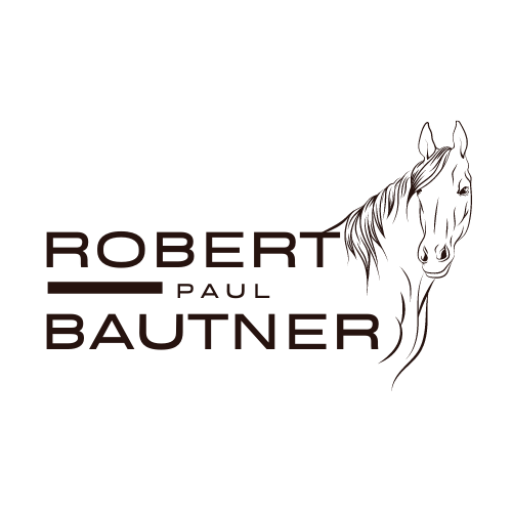
What is a toxic person? Who decides what is toxic?
By Robert Bautner
One way to maintain our innocence when differences arise is to remember the adage that one man’s junk is another man’s treasure. I read recently that there are ten things people should avoid, and number one was to avoid negative people. But what is a negative person? Who decides what is negative? People may view me as negative, but they themselves may be viewed as negative by others. The ideas of ‘negative’ or ‘positive’ are entirely subjective, so any disagreements based on these ideas are just opinions, just thoughts, with no actual substance.
Couldn’t some of the discrepancies which bring out this violence from the soul be as simple as how each personality group interprets religion, politics and/or money? For example, in the area of money one personality group might say, ‘money is the root of all evil!’ While the other group says, ‘the love of money is the root of all evil,’ and yet another says, ‘money is just a tool.’ In the area of religion, the first group might say, “God is the ultimate authority.” The second group says, “God is love.” The third group might say, “God exists.”

In the area of politics, the first group might say, “My position is correct and you are just wrong.” The second group would say, “I can see both sides of the argument.” The third group says, “The news is saying this, so it must be true.” Which approach is correct? Which one is wrong? Depending on your personality group, you will most likely choose the one that fits your personality over the others.
This question is not exclusive to your personality group at your core. The cultural belief of ‘never talk about religion, politics or money,’ may have some validity, but the correlation between deity in religion and personalities presses on my mind. I see algorithms in it. Politics and money are not far behind.
This is to say that our personality types dictate our first impressions of important institutions like religion, politics, and money. If we’re not careful, we will become the wolf by trying to make people think like we do. We will judge them as ‘negative’ or ‘toxic’ for not seeing things our way. In the end, it is a matter of control and whether we try to control others by judging them or trying to force them to be like us.
Why do people like to control people in the first place?
It is the epitome of power and influence to wield authority over others whether it is in religion, politics or money. Controlling people is breathtaking to the controller, i.e. the person who has become the wolf, and it turns into a form of intoxication that people can then become addicted to. The possibility of leaving a legacy of control, thus controlling people after you’ve passed away, is even more mesmerizing to the psyche. All of this demonstrates, however, that to control others to satisfy oneself is the true toxic behavior, the negative behavior, and it is the way that we act as the wolf in our environment.

To be in power and stay in one’s innocence is the goal of leadership. There is an adage that says absolute power corrupts absolutely, but this isn’t actually true. A parent has absolute power over their children but there are many wonderful parents. Their power didn’t corrupt them. They stay in their innocence as the leader of their children. What is the key to those good parents staying in their innocence while exercising their power? It’s that they love their child in such a way that they encourage the innocence of their child to come out. They also teach their child about the wolf in them and how to manage it. A good political or religious leader is similar in that they can cultivate good living, values, and stable actions because they are passionate about helping people.
There’s nothing worse than an insecure person in power. This includes parents who wield over their children with their insecurities. It can be a train wreck waiting to happen sooner or later. Whether that’s controlling or influencing thoughts, behaviors and actions, it’s prevalent in relationships. Worse than that, when the populace proclaims freedom, they too often simultaneously want to be ruled by a (dictatorial) monarchy or fascist leader of some sort.
Insecurities work both ways. There’s nothing worse than an insecure population to be ruled over by either a secure or an insecure leader. A fascist government knows that they will stay in power more easily when they keep the populace insecure, keep the population controlled. Unfortunately religion, politics and money fall into this wolfish category too often.
The ultimate problem is that the further you get away from the circle of innocence, the less value life seems to have. Forcing people to believe in your way, a doctrine, or creed is often prevalent. So to cope with the differences between us and respond in innocence, the first step is to understand oneself. Clarifying your identity in divine innocence is the foundation of a good life. The second step is to understand the other person in their innocence. The third step is to see the space between you and the other person, accept it, and encourage the other person’s innocence in word and deed.

0 Comments